February 13, 2026
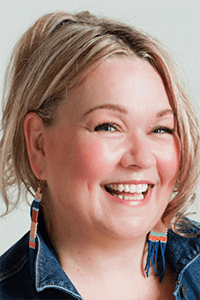
We are delighted to share that Dr. Julie Winn will join Mounds Park Academy as our Lower School assistant director beginning February 17. Dr. Winn comes to MPA from Minnehaha Academy and brings more than 25 years of experience as both an elementary educator and school leader.
Lower School director James Ewer shared, “Julie was the clear choice. The committee held the highest level of confidence in her, and she consistently rose to the top across every part of the process.” He continued, “She brings real energy, a natural connection to our mission, and a sharp vision for how she will contribute right away. She leads with character, reflects with intention, and does not shy away from challenging the status quo in service of kids and community.”
Over the course of her career, Dr. Winn has served as a classroom teacher, instructional coach, literacy consultant, curriculum director, and, most recently, director of teaching and learning at Minnehaha Academy. She has worked in public, charter, and independent school settings, leading curricular and program innovation, instructional coaching, and faculty development across PreK-12 environments. She is also the co-founder of RefineEDU, a consultancy consortium that specializes in faculty development, leadership development, and curricular and instructional design for private and independent schools. Read More
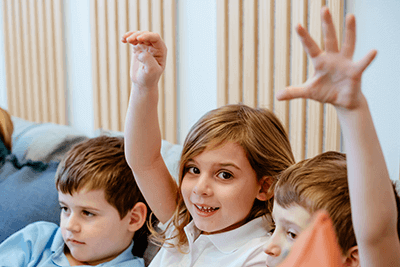 from James Ewer, Lower School director
from James Ewer, Lower School director 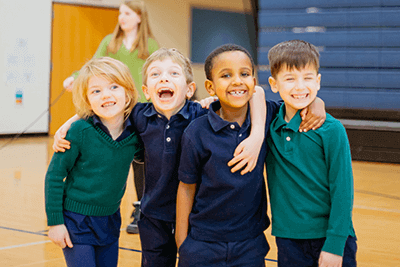 from Dr. Lori-Anne Brogdon, head of school
from Dr. Lori-Anne Brogdon, head of school Join us for the
Join us for the 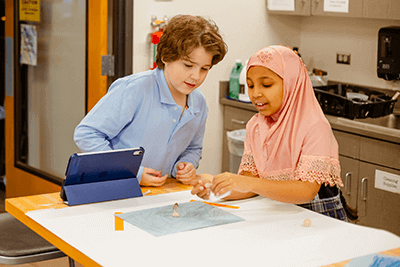 from James Ewer, Lower School director
from James Ewer, Lower School director  from Dr. Lori-Anne Brogdon, head of school
from Dr. Lori-Anne Brogdon, head of school from James Ewer, Lower School director
from James Ewer, Lower School director 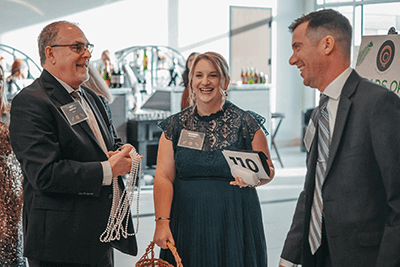 Mark your calendars for Friday, April 17, 2026! MPA’s largest and most spirited fundraising event of the year is back, and this time we’re bringing the party to Lowlands in St. Paul!
Mark your calendars for Friday, April 17, 2026! MPA’s largest and most spirited fundraising event of the year is back, and this time we’re bringing the party to Lowlands in St. Paul!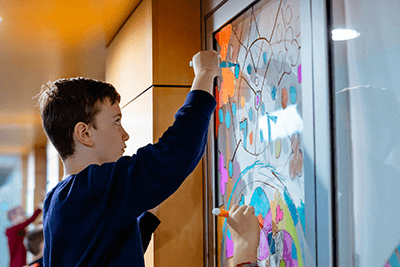 from Dr. Lori-Anne Brogdon, head of school
from Dr. Lori-Anne Brogdon, head of school